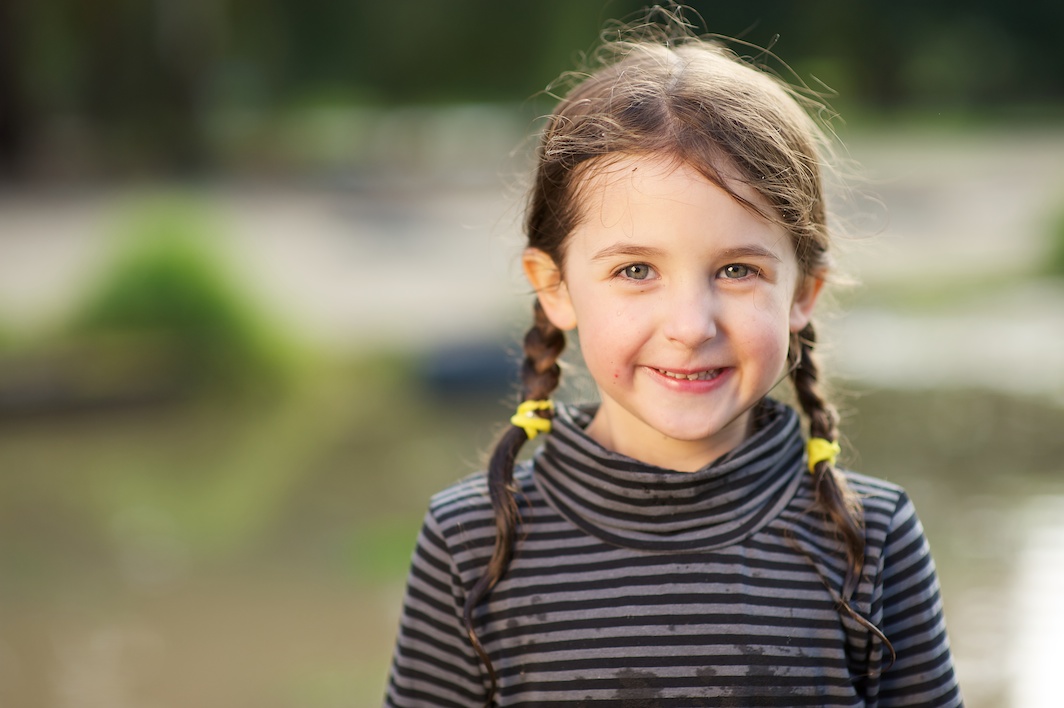School Wide Positive Behaviour Support
 “A major advance in school-wide discipline is the emphasis on school-wide systems of support that include proactive strategies for defining, teaching, and supporting appropriate student behaviors to create positive school environments. Instead of using a patchwork of individual behavioral management plans, a continuum of positive behavior support for all students within a school is implemented in areas including the classroom and nonclassroom settings (such as hallways, restrooms). Positive behavior support is an application of a behaviorally-based systems approach to enhance the capacity of schools, families, and communities to design effective environments that improve the link between research-validated practices and the environments in which teaching and learning occurs. Attention is focused on creating and sustaining primary (school-wide), secondary (classroom), and tertiary (individual) systems of support that improve lifestyle results (personal, health, social, family, work, recreation) for all children and youth by making problem behavior less effective, efficient, and relevant, and desired behavior more functional.”
“A major advance in school-wide discipline is the emphasis on school-wide systems of support that include proactive strategies for defining, teaching, and supporting appropriate student behaviors to create positive school environments. Instead of using a patchwork of individual behavioral management plans, a continuum of positive behavior support for all students within a school is implemented in areas including the classroom and nonclassroom settings (such as hallways, restrooms). Positive behavior support is an application of a behaviorally-based systems approach to enhance the capacity of schools, families, and communities to design effective environments that improve the link between research-validated practices and the environments in which teaching and learning occurs. Attention is focused on creating and sustaining primary (school-wide), secondary (classroom), and tertiary (individual) systems of support that improve lifestyle results (personal, health, social, family, work, recreation) for all children and youth by making problem behavior less effective, efficient, and relevant, and desired behavior more functional.”
-Office of Special Education Programs, US Dept of Ed
Tasmania, Queensland, NSW & Victoria have all adopted School-wide Positive Behaviour Support (SW-PBS) as a systemic approach for promoting wellbeing and positive behaviour amongst students and staff.
According to Louise O’Kelly (Principal Education Officer), who is leading the introduction of SW-PBS in primary and secondary schools in Tasmania, some impressive and unanticipated results have occurred.
“It’s important to have the time and opportunity to build a context of enthusiasm and commitment across the whole school community”, she said.
With the recent commitment from the Victorian Catholic Education Office to SW-PBS, I am looking forward to continuing my involvement with schools that began this year.
An excellent website for schools interested in this approach has been developed by the Office of Special Education Programs, US Department of Education